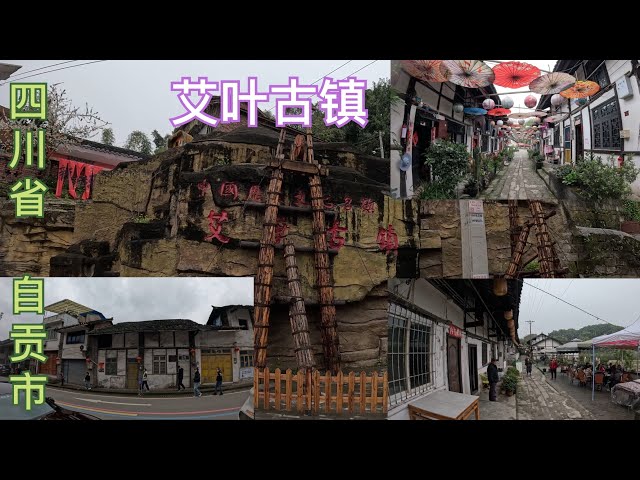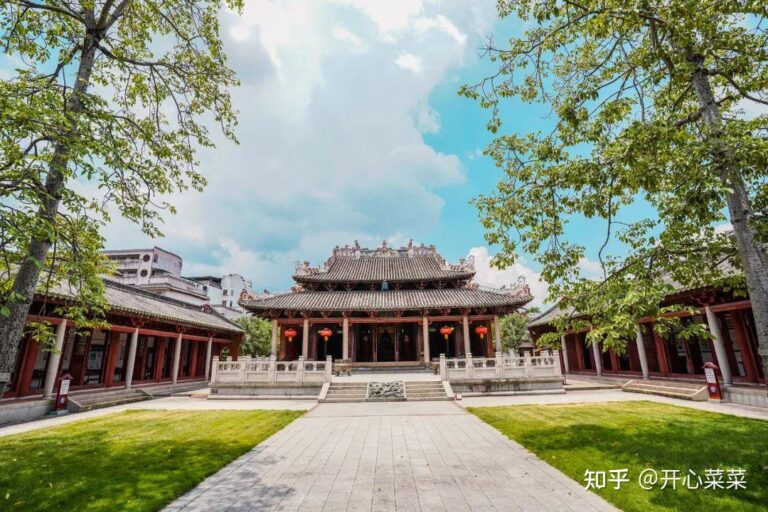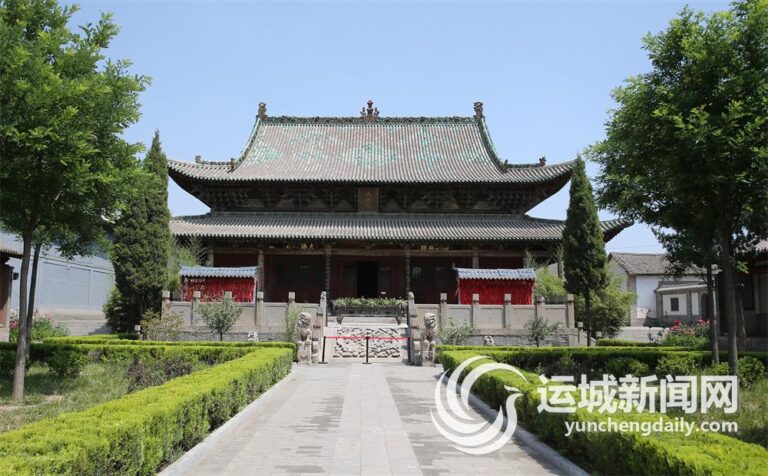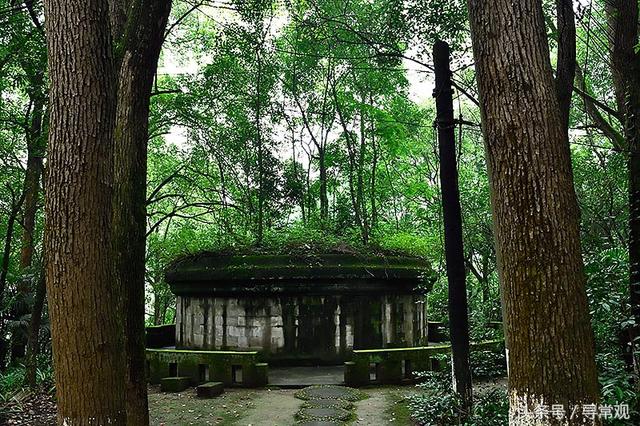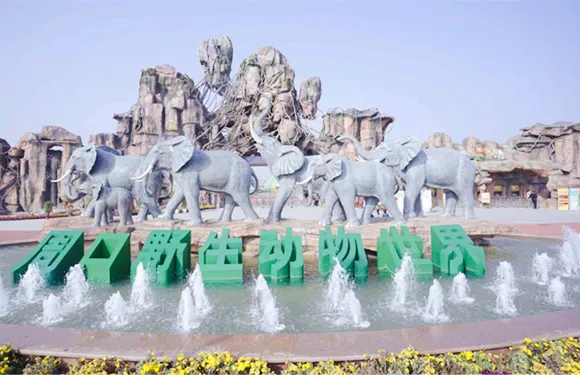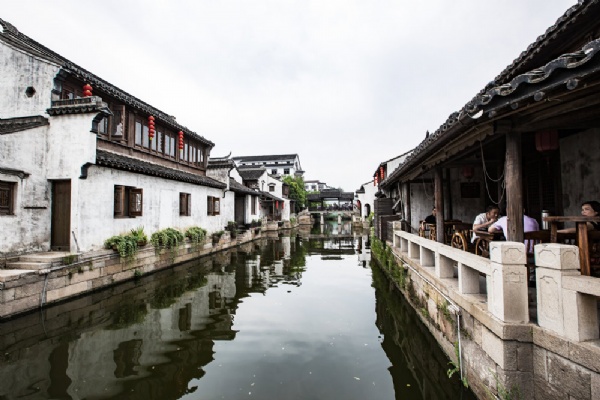Exploring Hebi Liyyangcang: Your Ultimate Itinerary for an Unforgettable Adventure in Hebi
An Essential Guide to Visiting Hebi Liyyangcang
In This Guide
- An Essential Guide to Visiting Hebi Liyyangcang
- The Rich History of Hebi Liyyangcang
- Main Highlights: What to See at Hebi Liyyangcang
- Planning Your Visit: A Practical Guide
- Tickets, Hours, and Booking
- How to Get There
- Local Cuisine and Accommodation
- Frequently Asked Questions
- Final Thoughts on Your Trip
Nestled within the enchanting landscapes of Henan Province, Hebi Liyyangcang (黎阳仓) stands as a testament to the rich historical tapestry of ancient Chinese civilization. This site, recognized as one of the largest official granaries from the Sui Dynasty along the Grand Canal, offers a fascinating peek into the agricultural and economic practices of a bygone era.
Liyyangcang is more than just a relic of the past; it is a vibrant cultural hub that reflects the ingenuity and resilience of the people who once thrived here. As you explore its grounds, you’ll encounter remnants of sophisticated storage systems that managed grain supplies critical for the flourishing trade along the Grand Canal, a UNESCO World Heritage site. The granary’s architecture and layout provide insights into ancient Chinese engineering and societal organization, making it a must-visit for history enthusiasts and casual travelers alike.
Visiting Liyyangcang is not just an exploration of ancient storage facilities; it’s an immersive journey into the heart of Henan’s cultural heritage. Surrounded by picturesque landscapes, the site invites visitors to reflect on the intertwining of nature and human innovation. Whether you’re wandering through the peaceful parks that envelop the site or delving into the local culinary delights, Liyyangcang promises to enrich your understanding of Henan’s storied past and its enduring influence on the present.

Hebi Liyyangcang.
Prepare to step back in time, where the echoes of history resonate through the very walls of this extraordinary granary. Here, in the heart of Hebi, the spirit of ancient China awaits to be discovered.
The Rich History of Hebi Liyyangcang
Hebi Liyyangcang, also known as the Liyang Granary, holds a significant place in the historical and cultural landscape of Henan Province, particularly in the context of China’s agricultural and economic development during the Sui and Tang dynasties. As the largest official granary along the Yongji Canal in the Sui period, Liyyangcang serves as a crucial testament to the sophisticated administrative and logistical systems that were in place to support the empire’s grain distribution and storage needs.
Dating back to the Sui dynasty (581-618 AD), Liyyangcang was a vital component of the extensive canal system that facilitated trade and transportation throughout the region. The granary was strategically located to optimize the flow of grain from the fertile plains of central China to the bustling markets of the north. It played an essential role not only in ensuring food security for the population but also in supporting the imperial army and civil service, highlighting the granary’s importance in the governance and stability of the state.
The granary’s architectural design reflects the advanced engineering techniques of its time, characterized by large storage structures equipped for the preservation of grain. The design elements and construction methods employed at Liyyangcang provide insights into the agrarian practices and economic priorities of the Sui dynasty, as well as the evolving needs of a growing population.
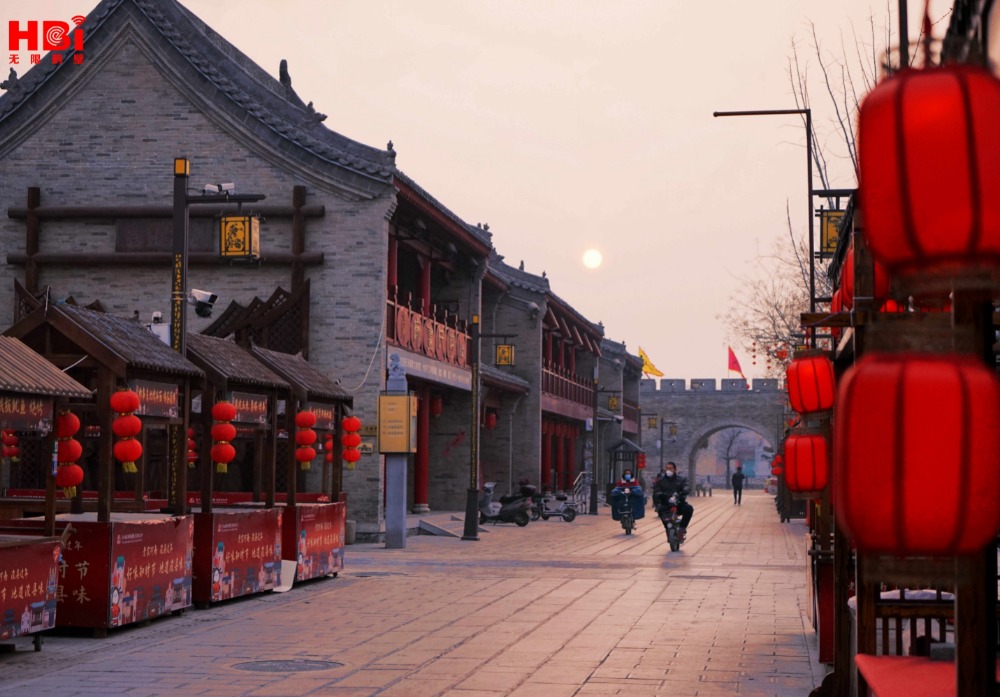
Hebi Liyyangcang.
In 2014, Liyyangcang was recognized as one of the top archaeological discoveries in China, further underscoring its historical significance. Excavations have revealed a wealth of artifacts that inform our understanding of ancient storage practices, agricultural economics, and the social structure of the time. These findings not only enhance the historical narrative surrounding the granary but also contribute to the broader understanding of China’s agricultural heritage.
Today, Liyyangcang stands as a historical site that attracts visitors interested in exploring the rich tapestry of China’s past. It offers a glimpse into the innovative strategies employed by ancient societies to manage resources effectively, ensuring sustainability and prosperity in an era that laid the foundation for future dynasties. As such, the Liyyangcang is more than just an archaeological site; it is a symbol of resilience and ingenuity, representing the complex interplay between agriculture, governance, and community in ancient China.
Main Highlights: What to See at Hebi Liyyangcang
Hebi Liyyangcang (黎阳仓), a historically significant site located in the scenic Xun County of Hebi City, is a treasure trove for those interested in ancient Chinese culture and history. This former granary from the Sui Dynasty stands as a testament to the advanced agricultural and storage systems of its time. Here are the key highlights that make Liyyangcang a must-visit destination:
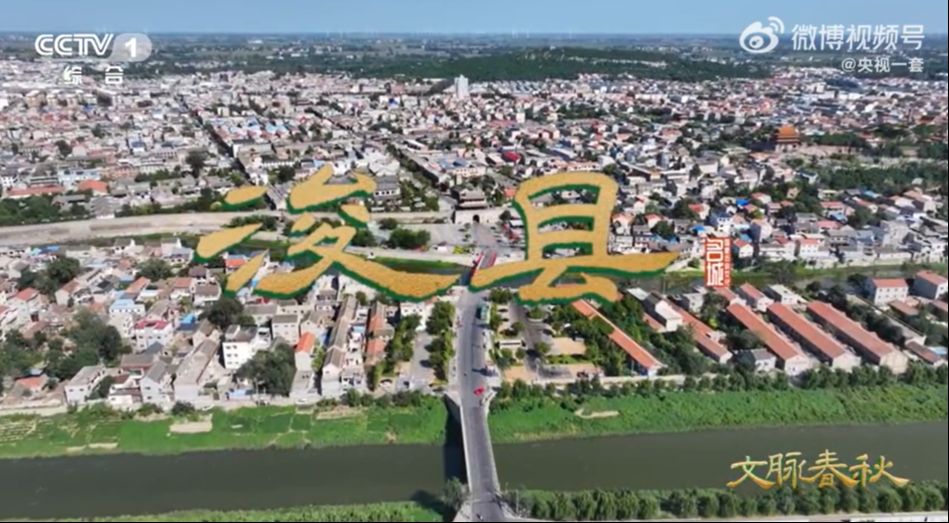
Hebi Liyyangcang.
Historical Significance
Liyyangcang is renowned as the largest state granary along the Yongji Canal during the Sui Dynasty. It offers crucial insights into the management of state granaries, agricultural economy, and taxation systems of ancient China. The site has been recognized as one of the top ten archaeological discoveries in China in 2014, further underscoring its importance.
Architectural Marvel
The granary showcases the architectural prowess of the Sui period. The remains of its large storage facilities and granaries reflect advanced construction techniques and materials used in ancient China. Visitors can explore the impressive ruins, which vividly depict the scale and functionality of this historical site.
Scenic Surroundings
Set against the backdrop of the picturesque Xun County, Liyyangcang is surrounded by lush landscapes and serene natural beauty. The nearby Liyang Ancient City Forest Park provides a tranquil escape, allowing visitors to enjoy a leisurely walk through the trees while taking in the historical atmosphere.
Cultural Experiences
The site is not just about history; it also serves as a hub for cultural activities. Visitors can engage with local artisans and learn about traditional crafts, particularly the famed “mud gugu” pottery, a national intangible cultural heritage, famous for its vibrant colors and intricate designs.
Gastronomic Delights
No visit to Liyyangcang is complete without indulging in local culinary specialties. The area is famous for its unique dishes, such as the “Xun County Zimo,” a traditional stuffed flatbread, and the delectable “chuan si ya dan” (twisted duck eggs), which are a must-try for food enthusiasts.
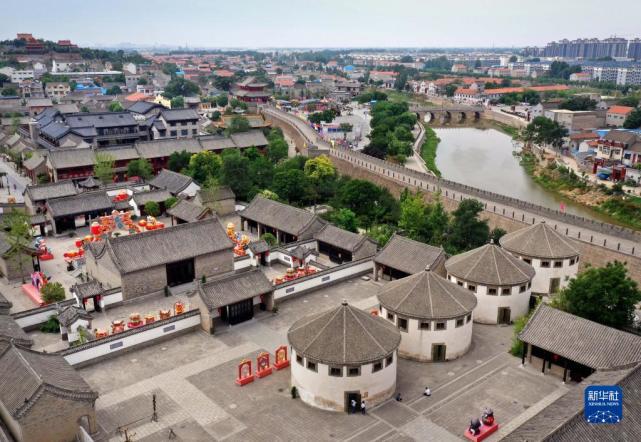
Hebi Liyyangcang.
Accessibility
Liyyangcang is easily accessible via public transportation from major cities in Henan Province, making it a convenient stop for those exploring the rich cultural tapestry of the region. Its proximity to other significant sites, such as the ancient Xun County town and the scenic Dapi Mountain, allows for a well-rounded visit that combines history, nature, and culture.
In summary, Hebi Liyyangcang is a rich historical site that offers a deep dive into ancient Chinese agricultural practices, stunning architecture, and vibrant local culture, all set in an enchanting natural landscape. Whether you’re a history buff, a culture enthusiast, or simply looking for a unique travel experience, Liyyangcang promises to deliver an unforgettable journey through time.
Planning Your Visit: A Practical Guide
When planning a visit to Hebi Liyyangcang (黎阳仓), a historical site nestled in the heart of Xun County, Henan Province, it’s essential to prepare for an enriching experience that encompasses both cultural heritage and natural beauty. Below is a comprehensive guide to ensure your visit is seamless and enjoyable.
Getting There
By Air: The nearest major airport is Zhengzhou Xinzheng International Airport. From there, you can take an airport shuttle bus to Hebi, which is approximately 60 kilometers away. Alternatively, consider flying into Anyang Airport, which is closer to Xun County.
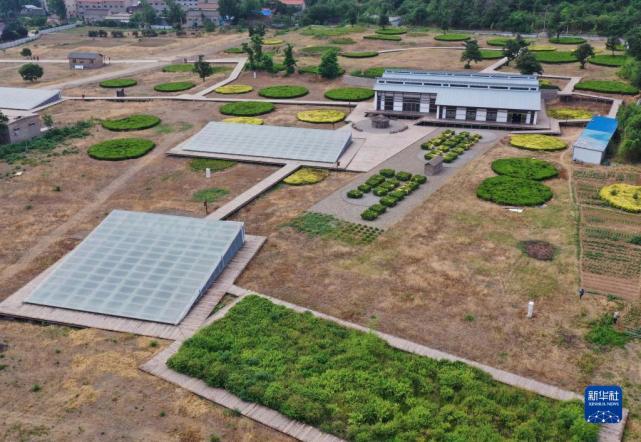
Hebi Liyyangcang.
By Train: Hebi East Station is the main high-speed rail hub, connecting major cities like Beijing and Shanghai. Once you arrive, local buses and taxis are readily available to transport you to your destination.
By Bus: Several long-distance bus services operate from various cities in Henan to Hebi. Upon reaching Hebi, local buses can take you directly to Xun County.
Best Time to Visit
The ideal time to explore Liyyangcang is during the spring (April to June) and autumn (September to November) months when the weather is mild and comfortable for outdoor activities. Summers can be hot and humid, while winters may bring chilly temperatures.
Entry Fees and Opening Hours
Liyyangcang is part of a larger historical park, and the entry fee is around 60 Chinese Yuan, which may include access to nearby attractions. It’s advisable to check online for any discounts or special promotions that may be available for students, seniors, or group visits.
The site typically opens from 8:00 AM to 6:00 PM. However, it’s best to arrive early to avoid crowds and fully explore the site.
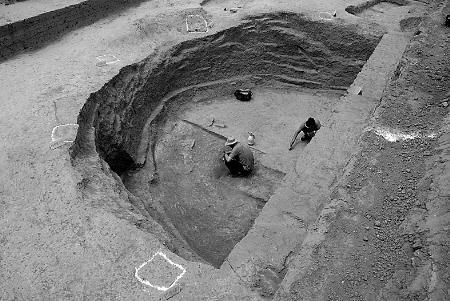
Hebi Liyyangcang.
What to See and Do
Liyyangcang, known as the largest granary from the Sui Dynasty along the Yongji Canal, is a site rich in history. Here are some highlights:
-
Liyyang Granary Ruins: Walk through the remnants of this ancient storage facility, which offers insights into the agricultural practices and granary management of the Sui and Tang dynasties.
-
Forest Park: Adjacent to the granary, the park features lush greenery and scenic walking paths, perfect for a leisurely stroll or a picnic.
-
Cultural Experiences: Engage with local artisans at the nearby Yangxi Village, renowned for its traditional mud art (“泥咕咕”), which is recognized as a national intangible cultural heritage.
Nearby Attractions
While in the area, consider visiting these additional sites:
-
Xun County Ancient City: Just a short drive away, this ancient city showcases well-preserved architecture and offers a glimpse into the region’s rich history.
-
Da Pi Mountain and Fu Qiu Mountain: Both mountains are known for their natural beauty and hiking trails, providing opportunities for outdoor enthusiasts to explore.
-
The Grand Canal: As a UNESCO World Heritage site, the canal is a testament to ancient engineering and plays a crucial role in understanding China’s waterway history.
Where to Eat
Xun County is famous for its local cuisine. Be sure to try:
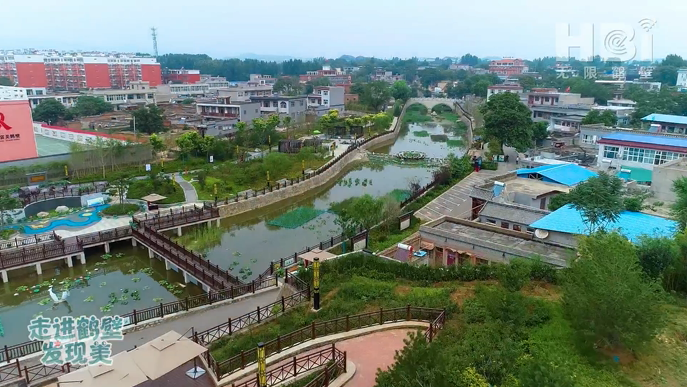
Hebi Liyyangcang.
-
Zimou (子饃): A traditional flatbread stuffed with various fillings, offering a taste of local flavors.
-
Liyang Noodles (黎阳贡面): These fine noodles are made through a meticulous handcrafting process, delivering a delightful culinary experience.
-
Street Food: Explore local street vendors for snacks and dishes unique to the region, perfect for an authentic taste of Henan.
Accommodation
For a comfortable stay, consider these options:
-
Boutique Hotels: There are several charming boutique hotels within Xun County that combine traditional architecture with modern amenities.
-
Local Guesthouses: For a more intimate experience, guesthouses offer a chance to connect with local culture and hospitality.
Transportation Within the City
Local transport options include buses, taxis, and ride-sharing services, making it easy to navigate between attractions. For those wishing to explore at their own pace, car rentals are also available.
Tips for Visiting
-
Language: While Mandarin is the primary language, having a translation app can be helpful as English speakers may be limited.
-
Cash: While credit cards are accepted in many places, carrying cash is advisable, especially when visiting smaller shops or local markets.
-
Respect Local Customs: When visiting historical sites, be respectful of the rules and customs of the local community.
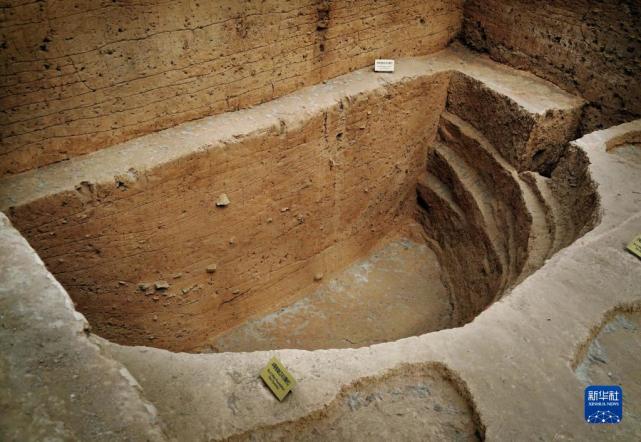
Hebi Liyyangcang.
By following this guide, your visit to Hebi Liyyangcang will be not just a journey through ancient history but also an opportunity to engage deeply with Chinese culture and its beautiful landscapes. Enjoy your adventure!
Tickets, Hours, and Booking
When planning your visit to Hebi Liyyangcang (黎阳仓), it’s essential to know the ticketing details to ensure a smooth experience. The ticket prices for various attractions in and around Hebi can vary, so here’s a breakdown of essential information to help you plan your visit:
Ticket Prices
-
Liyyangcang Ruins (黎阳仓遗址): Entrance is free, making it an excellent choice for budget-conscious travelers looking to explore historical sites without spending on tickets.
-
Nearby Attractions:
- Yunmeng Mountain (云梦山): Approximately ¥60 for standard admission. This site is known for its stunning natural scenery and rich historical significance.
- Guling Mountain (古灵山): Tickets are around ¥33. This area is steeped in mythology and offers beautiful landscapes.
- Dapai Mountain (大伾山): The ticket price is about ¥48. Known for its scenic views and cultural relics, it’s a must-visit spot for nature enthusiasts.
Discounts and Special Offers
Many attractions offer discounts for students, seniors, and military personnel. It’s advisable to carry valid identification to benefit from these discounts. Booking tickets in advance through official platforms or travel websites is recommended, especially during peak seasons, to avoid long queues.
Free Attractions
In addition to Liyyangcang Ruins, some sites, like the Sangyuan Town (桑园小镇), are free to enter, providing additional opportunities for exploration without the cost.
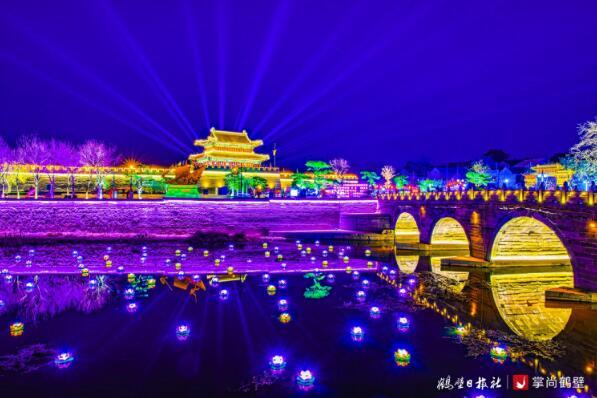
Hebi Liyyangcang.
Summary
Most attractions in the Hebi area have reasonable ticket prices, with several free options available. This allows you to enjoy the rich cultural and historical offerings without straining your budget. Always check for the latest information on ticket prices and availability prior to your visit to make the most of your trip!
How to Get There
Getting to Hebi Liyyangcang (黎阳仓) is a seamless experience, whether you’re coming from nearby cities or exploring the broader Henan Province. Here’s a comprehensive transportation guide to help you navigate your way to this historical site and its surroundings.
By Air
The nearest major airport is Zhengzhou Xinzheng International Airport (CGO), located approximately 60 kilometers from Hebi. This airport offers a wide range of domestic and international flights. Once you arrive, you have a couple of options to reach Hebi:
- Airport Shuttle: Direct airport buses run to several key locations in Hebi. This is a convenient and economical choice.
- Taxi or Ride-Hailing Services: Taxis are readily available at the airport, and ride-hailing apps like Didi are popular in China. This option offers more flexibility, especially if you’re traveling with a group.
By Train
Hebi has its own railway station, making it accessible via China’s extensive rail network. The main train services include:

Hebi Liyyangcang.
- High-Speed Trains: If you’re traveling from major cities such as Beijing, Shanghai, or Zhengzhou, you can take a high-speed train to Hebi. The journey is comfortable and quick, making it a popular choice among travelers.
- Regular Trains: For travelers on a budget, regular trains are also available, though they take longer. Make sure to check the schedule in advance, as these trains can vary in frequency.
By Bus
Bus travel is another practical option to reach Hebi. There are several long-distance bus stations:
- From Zhengzhou: Regular buses leave from Zhengzhou’s main bus station to Hebi. The trip typically takes around 1.5 to 2 hours.
- Local Buses: Within Hebi, local buses are available to take you to various attractions, including Liyyangcang. Look for tourism-specific bus routes that cater to travelers visiting historical sites.
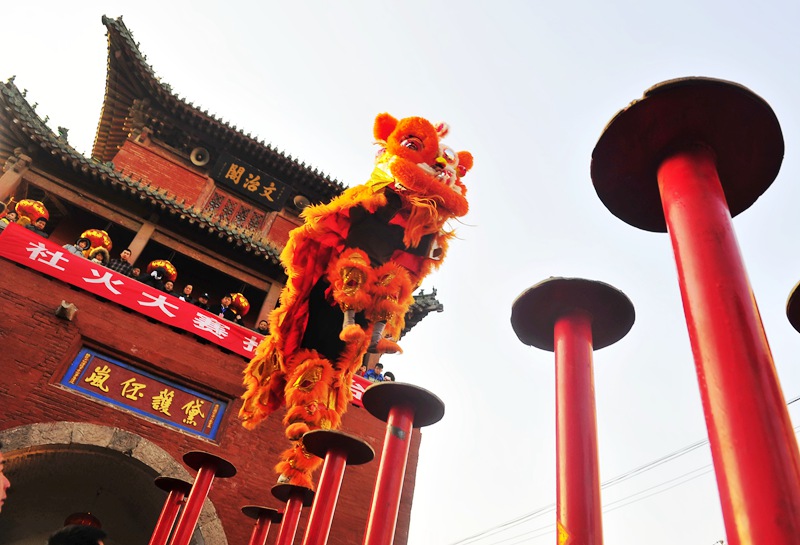
Hebi Liyyangcang.
By Car
Renting a car is an excellent way to explore the region at your own pace. Major car rental companies operate in nearby cities, and the road conditions in Henan are generally good. Here are a few tips for driving in the area:
- Navigation: Use GPS or a navigation app to find your way. Many apps also provide real-time traffic updates.
- Parking: Look for designated parking areas near attractions. Hebi has several public parking lots, especially around popular tourist sites.
Local Transportation
Once in Hebi, getting around is straightforward:
- Public Buses: The public transportation system is affordable and covers most areas, including major attractions. Buses are generally frequent but check schedules for off-peak times.
- Taxis and Ride-Hailing: Taxis are plentiful, and ride-hailing services like Didi are widely used, making it easy to get to your destination without much hassle.
- Bicycles: For a more leisurely exploration, consider renting a bicycle. It’s a great way to enjoy the local scenery and visit nearby sites.
Conclusion
Traveling to and around Hebi Liyyangcang is convenient, thanks to a variety of transportation options. Whether you prefer the speed of trains or the flexibility of driving, you’ll find it easy to access this historical gem and explore the beautiful landscape of Henan Province.
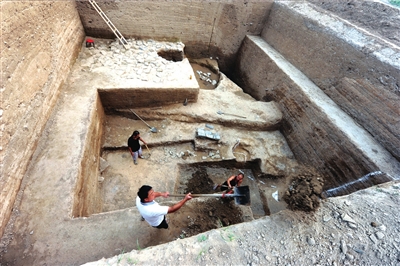
Hebi Liyyangcang.
Local Cuisine and Accommodation
When visiting Hebi Liyyangcang (黎阳仓), you’ll be treated to a delightful culinary experience and a range of accommodation options that cater to various tastes and budgets.
Culinary Delights
Hebi is a treasure trove of local flavors, with dishes that echo its rich cultural heritage. Here are some must-try specialties:
-
Liyang Congee (黎阳粥): This traditional dish is a staple in the region, often enjoyed for breakfast. Made from rice and a variety of fresh ingredients, it’s both nourishing and comforting.
-
Xun County Zimo (浚县子饃): This local delicacy features a round flatbread filled with savory meat and eggs, baked to perfection on a special griddle. The crispy exterior and juicy filling make it a favorite among locals and visitors alike.
-
Canned Duck Eggs (缠丝鸭蛋): A unique specialty of Hebi, these marinated duck eggs boast a rich, savory flavor. With their striking orange yolks and tender texture, they are perfect as a snack or an appetizer.
-
Sticky Rice Cakes (黏火烧): These sweet treats, made from glutinous rice flour filled with red bean paste, are deep-fried until golden brown. They offer a delightful contrast of crunchy exterior and soft, sweet interior.
-
Hot Pot (火锅): In the evenings, gather with friends and family for a communal dining experience at one of the many hot pot restaurants. Choose from an array of fresh meats, vegetables, and spices to create a personalized meal.
Accommodation Options
There’s a variety of accommodations near Hebi Liyyangcang that cater to different preferences. Here are some standout choices:
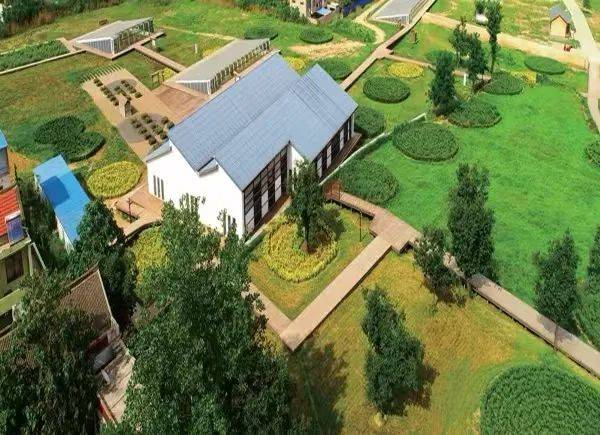
Hebi Liyyangcang.
-
Yinmo Hotel (隐沫酒店): Nestled in the heart of the ancient city, this hotel combines modern luxury with traditional decor. With spacious rooms, a beautiful garden courtyard, and amenities like a fitness center and conference facilities, it’s ideal for both leisure and business travelers.
-
Huangshan Hotel (黄山宾馆): Located conveniently near major attractions, this hotel offers comfortable rooms with modern conveniences. Guests appreciate the attentive service and the on-site restaurant serving local cuisine.
-
Cloud Resort (云端度假酒店): For those looking to unwind, this resort features stunning views of the surrounding mountains and a tranquil environment. Enjoy spa services, a swimming pool, and outdoor activities like hiking and cycling.
-
Traditional Guesthouses: For a more immersive experience, consider staying in one of the area’s traditional guesthouses. These charming inns often feature local decor and hospitality, giving you a taste of local life.
When planning your trip to Hebi Liyyangcang, be sure to indulge in the local cuisine and choose accommodations that enhance your overall experience. Whether you’re seeking comfort or adventure, the options here cater to every traveler’s needs.
Frequently Asked Questions
Frequently Asked Questions about Hebi Liyyangcang (黎阳仓)
-
What is Hebi Liyyangcang?
Hebi Liyyangcang, or the Liyang Granary, is a significant historical site located in Hebi, Henan Province, China. It served as a large government granary during the Sui Dynasty, reflecting the advanced agricultural practices and storage techniques of that era. -
How do I get to Hebi Liyyangcang?
Hebi Liyyangcang is accessible by various modes of transport. If you’re traveling from Zhengzhou, you can take a high-speed train to Hebi East Railway Station. From there, local buses or taxis can take you to the granary site. -
Is there an entrance fee for Hebi Liyyangcang?
Yes, there is an entrance fee to visit Hebi Liyyangcang. Make sure to check for any promotional discounts or package deals that may be available, especially for students, seniors, or groups. -
What are the opening hours for Hebi Liyyangcang?
Hebi Liyyangcang typically opens from 8:30 AM to 5:30 PM, but it’s advisable to check in advance as hours may vary seasonally or due to special events. -
Are there guided tours available?
Yes, guided tours are available at Hebi Liyyangcang, which can enrich your visit with historical insights and context. You can either hire a local guide on-site or book a tour in advance through various travel agencies. -
What other attractions are near Hebi Liyyangcang?
Near Hebi Liyyangcang, you can explore the scenic Hebi Ancient City, the beautiful Daqing Mountain, and other historic sites that showcase the rich cultural heritage of the region. -
Are facilities available for visitors at Hebi Liyyangcang?
Yes, facilities such as restrooms, parking spaces, and information centers are available to ensure a comfortable visit. However, it is advisable to bring your own water and snacks, as options may be limited on-site. -
Can I take photos at Hebi Liyyangcang?
Photography is generally allowed at Hebi Liyyangcang, but be mindful of any specific restrictions or guidelines provided by the site management, especially in areas that may be sensitive or particularly historical.
Final Thoughts on Your Trip
As you conclude your journey through Hebi Liyyangcang, immerse yourself in the rich tapestry of history, culture, and natural beauty that this region has to offer. From the ancient relics of the Liyyang Warehouse, a testament to the sophisticated agricultural practices of the Sui and Tang dynasties, to the vibrant streets of the ancient town where folklore and tradition come alive, each experience deepens your understanding of this remarkable area.
The scenic landscapes, intertwined with the stories of its past, beckon travelers to explore and discover the charm of Hebi. Whether it’s a leisurely stroll along the banks of the river, savoring local delicacies like the renowned Liyang noodles, or engaging with the warm-hearted locals, every moment spent here creates lasting memories.
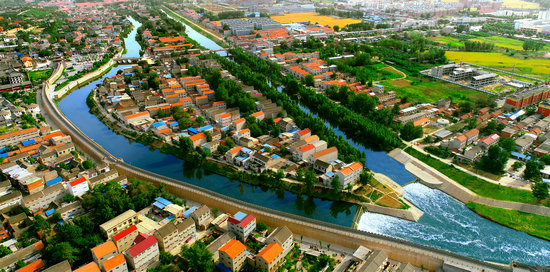
Hebi Liyyangcang.
As you leave, carry with you not just the sights and sounds, but the spirit of Hebi—an invitation to reflect on the resilience of its history and the vibrancy of its culture. Embrace the stories whispered by the ancient walls and the beauty of its surroundings, and let them inspire your next adventure. Whether you’re a history buff, a nature lover, or a culinary enthusiast, Hebi Liyyangcang promises a journey that invigorates the soul and ignites the imagination.
